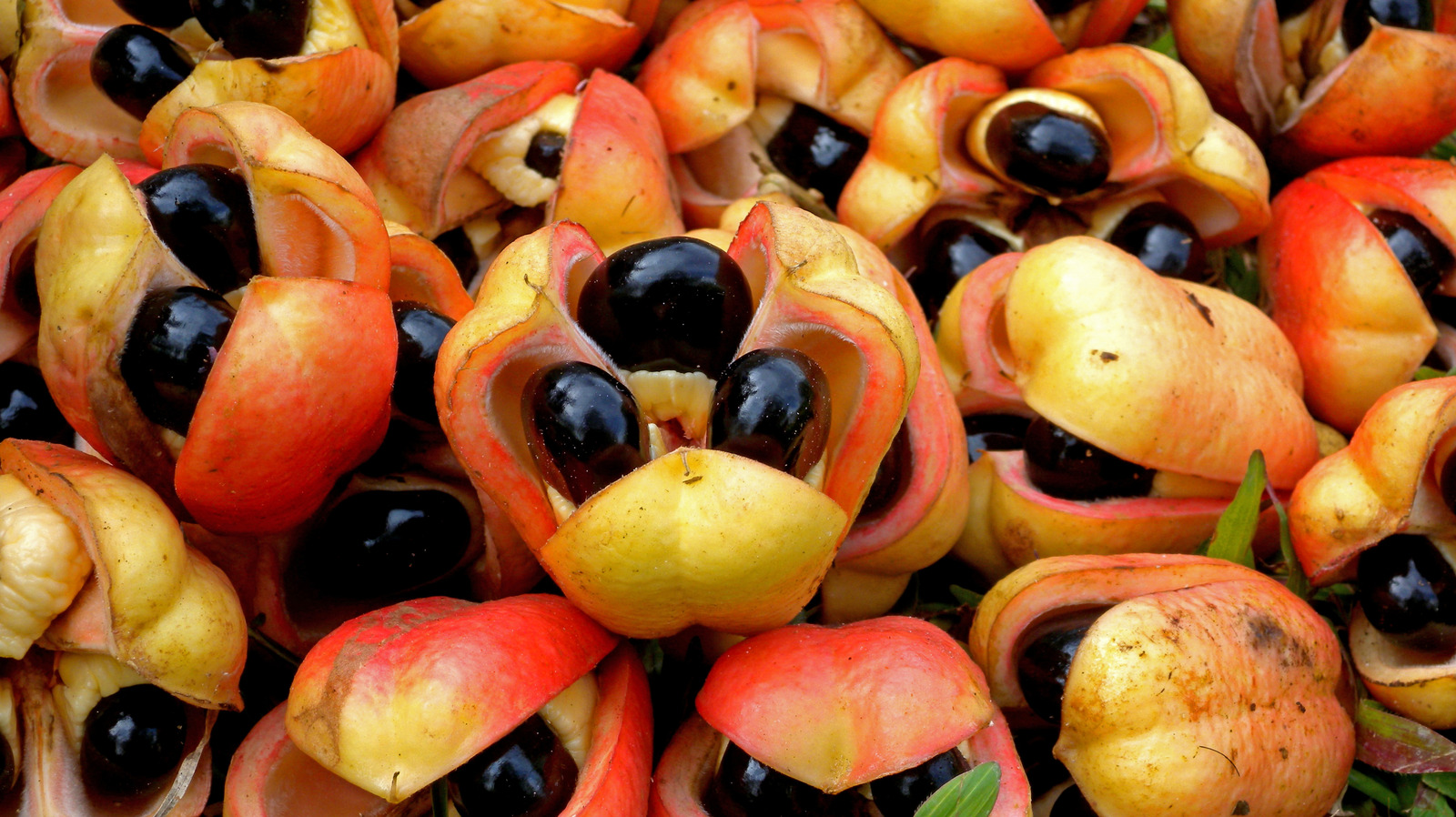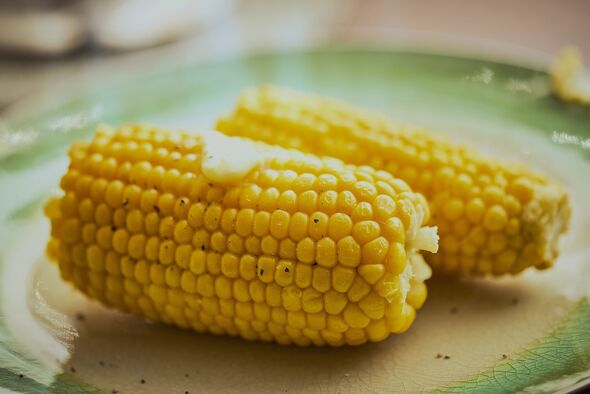Summary
Gordon Ramsay never really made himself out to be one of the bizarre food types, but this strange-looking vegetable is one he can vouch for.
Source: The Takeout

AI News Q&A (Free Content)
Q1: What root vegetable does Gordon Ramsay recommend for cooking, and how does he suggest preparing it?
A1: Gordon Ramsay recommends cooking with celeriac, a root vegetable related to celery. He suggests using it to make a flavorful soup. The preparation involves peeling and dicing the celeriac, then sautéing it with onions, garlic, leeks, and potatoes. This is followed by adding cream to enhance its flavor. Celeriac can also be used in vegetarian gravies and paired with ingredients like capers, cornichons, shredded apple, and bacon for added taste.
Q2: What nutritional benefits do root vegetables offer according to recent research?
A2: Root vegetables are packed with nutrients and provide various health benefits. They are rich in fiber, vitamins (such as vitamin C and vitamin A), and antioxidants, which help fight inflammation and improve heart health. They also contain glucosinolates, compounds that may protect against cancer. Rutabagas, for example, are high in fiber and beneficial for digestive health.
Q3: How do root vegetables contribute to economic and nutritional stability, particularly during lean times?
A3: Root vegetables have an extended shelf life, allowing them to be stored for longer periods compared to more delicate vegetables. This makes them a reliable food source during lean times. They are affordable and available year-round, providing essential nutrients and energy when other food options might be limited. Their fiber content helps fill you up and stabilize blood sugar levels.
Q4: What are some of the potential health drawbacks associated with consuming root vegetables?
A4: While root vegetables are nutritious, their preparation can sometimes lead to health drawbacks. For instance, adding butter, cream, or other high-calorie ingredients can increase their calorie content significantly. Overeating dishes like mashed potatoes can lead to excessive calorie intake without providing a satiating effect. Hence, it's important to consume them in moderation and prepare them healthily.
Q5: How do root vegetables support a healthy diet and what specific nutrients do they provide?
A5: Root vegetables support a healthy diet by being low in calories yet high in essential nutrients. They provide a range of vitamins and minerals such as potassium, manganese, iron, and calcium. Sweet potatoes, for example, are rich in vitamin A, while carrots provide both vitamin A and calcium. Including a variety of root vegetables in a diet can ensure a balanced intake of these nutrients.
Q6: What does recent PubMed research say about the impact of root vegetables on human health?
A6: Recent PubMed research highlights that root vegetables, like rutabagas and turnips, contain compounds that may reduce the risk of chronic diseases by combating oxidative stress and inflammation. These vegetables are also associated with improved cardiovascular health due to their high fiber content, which helps lower cholesterol and blood pressure levels.
Q7: How can root vegetables be incorporated into a sustainable diet and what environmental benefits do they offer?
A7: Root vegetables can be a key component of a sustainable diet as they are less resource-intensive to grow and have a lower environmental impact compared to some other food sources. Their ability to grow in diverse climates and soil types makes them a versatile crop that supports local food systems. Additionally, their long shelf life reduces food waste, contributing to more sustainable consumption practices.
References:
- Root vegetable - Wikipedia
- Gordon Ramsay Wants You to Cook With This Ugly Vegetable - The Takeout
- 13 Healthy Root Vegetables and Their Benefits - Healthline
- VA dietitian rooting for root vegetables - VA News
- The pros and cons of root vegetables - Harvard Health






